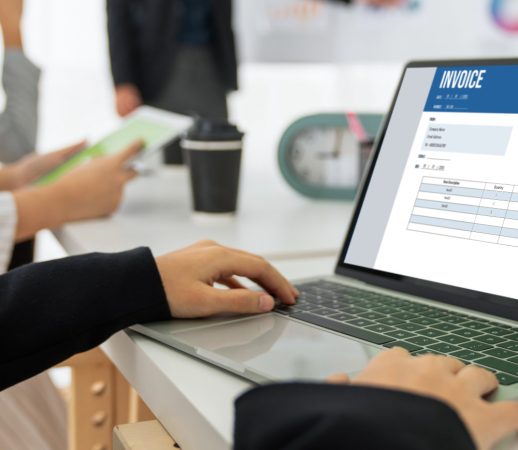
Employer of record services in Germany: Legal and tax rules for personnel deployment
If companies want to hire skilled workers abroad, they can use the employer of record (EOR) model. This allows them to employ skilled workers abroad without having to be registered as an employer in the respective country. Furthermore, the EOR assumes all administrative and legal obligations related to the employment. The Ecovis experts explain how the EOR model works in practice.
The EOR model qualifies as leasing of employees according to German law. In this process an employee is assigned by an employer of record to a client (company) whereby the client has the right to issue instructions. In Germany, leasing of employees is subject to strict regulations under the Employee Leasing Act (in German: AÜG). Among other things, this stipulates statutory permission, a ban on chain hiring, and compliance with certain working conditions.
Whether the AÜG is applied to EOR models depends on the domestic reference. If the leased employee works in Germany or if the EOR is based in Germany, the AÜG applies.
In which cases is the applicability of the AÜG disputed?
There is a controversial discussion about the applicability of the AÜG in cases where the client is based nationally (in Germany) and the EOR is based abroad, while the employee exclusively works abroad. The prevailing opinion negates that sufficient domestic reference is given if solely the client is based in Germany.
What does the Rome I Regulation govern?
The question of applicable law in cross-border employment relationships is governed by the Rome I Regulation (Art. 3, 8 Rom I-VO). As a rule, the working contract is subject to the law of the country in which the employee performs their work or, in exceptional cases, where the EOR has its registered office.
Which advantages does the EOR model offer for companies?
- Flexibility: Companies can easily hire professionals abroad without having to register as a foreign employer or establish a subsidiary.
- Cost efficiency: The administrative effort for the company is reduced significantly, as the EOR takes on all legal and tax obligations.
- Risk minimisation: Companies forego the effort of having to comprehend and apply foreign labour laws and tax regulations.
Risk management: Which aspects should be considered when using an EOR?
- Contract design: It is crucial to have detailed and unambiguous contracts between the company, the EOR and, if applicable, with an intermediary. The contracts should define the modalities of leasing of employees and the responsibilities for compliance with foreign laws as well as the cost distribution.
- Compliance: Companies must ensure that the EOR is compliant with all local labour laws and tax regulations. It is advisable to check compliance regularly.
- Liability risks: Companies should ensure contractually that they are not liable for any violations of foreign labour laws or a lack of permits for leasing of employees.
We advise you on all legal and tax issues relating to the EOR model and temporary employment in GermanyMarcus Büscher, Lawyer, Partner, ECOVIS Deutschland, Düsseldorf, Germany
The trend in case law and the plans of the German Federal Government
In recent cases, the German Federal Labour Court (in German: BAG) has confirmed the strict interpretation of the AÜG. For example, it was clarified that in the absence of a permit for leasing of employees, an employment relationship between the client and the employee can be simulated (§ 10 Abs. 1 AÜG). This emphasises the necessity of abiding by legal regulations.
The German Federal Government is planning to facilitate the immigration of professionals, which could further increase the appeal of the EOR model. At the same time, the requirements for leasing of employees may potentially be tightened, which further highlights the importance of careful contract design.
Careful contract design and proactive risk management
The EOR model offers companies a flexible and efficient opportunity to employ professionals abroad. However, this form of employment also includes legal risks, especially regarding the application of the AÜG and compliance with local regulations.
Careful contract design and proactive risk management are therefore essential in order to fully benefit from the advantages of the model and to avoid legal pitfalls.
For further information please contact:
Marcus Büscher, Lawyer, Partner, ECOVIS Deutschland, Düsseldorf, Germany
Email: Marcus.Buescher@ecovis.com
Stephan Kollenbroich, Tax Advisor, Partner, ECOVIS Deutschland, Düsseldorf, Germany
Email: stephan.kollenbroich@ecovis.com
Contact us





